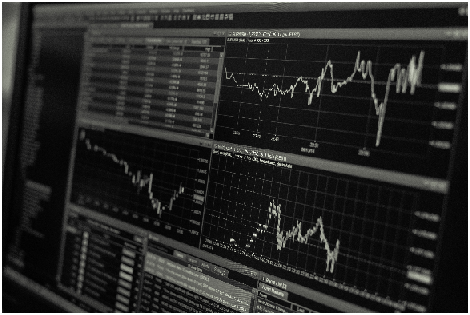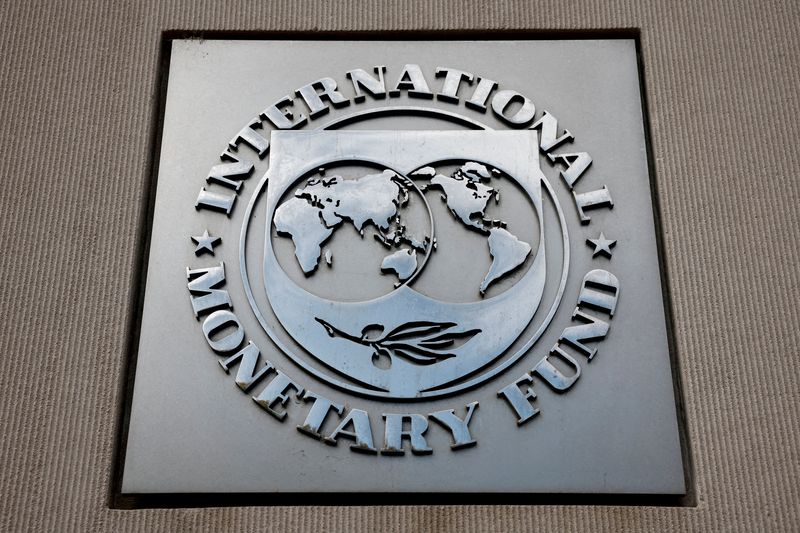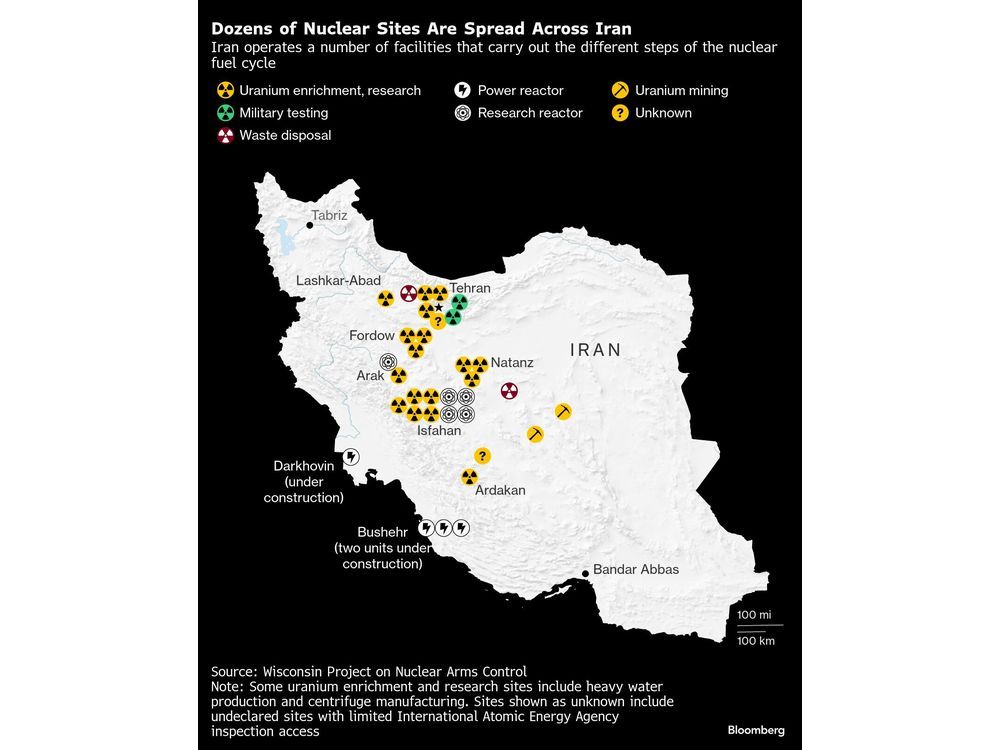Quantitative trading has become a topic du jour lately. Many investors have been considering allocating more capital to quantitative funds. However, not all experts share the same opinion regarding the merits of quantitative strategies. There are even quants among the skeptics.
Emanuel Derman is one of the most respected experts in the quant community. He spent 17 years as a lead quant at Goldman Sachs, and he is now a professor of financial engineering at Columbia University. He’s the author of 3 books: My Life as a Quant, Models.Behaving.Badly and The Volatility Smile. Derman found that,
…as physicists applied their expertise of the laws of motion, atoms and mathematics to investing, their models didn’t work nearly as well as they did in a lab.
Newton’s law of gravity hasn’t changed for eons, Derman said, but human behavior in markets changes all the time, wreaking havoc on even the best models made by scientists.

In a recent Bloomberg article, Derman pointed out,
“I’ve developed a lot of skepticism about anyone bringing their expertise from one field to another” … “They say stocks are like atoms, or like genes. But stocks are not atoms or genes. There is a resemblance, but ultimately they are very different.” Read more
Not only academics are skeptical, but also practitioners. For example DoubleLine Capital Chief Executive Officer Gundlach said that he doesn’t believe in machines taking over finance. Another hedge fund manager doesn’t believe in backtesting models.
… according to Visser at Weiss Multi-Strategy Advisers, a $1.7 billion hedge fund in New York, human investors still have a big advantage when it comes to recognizing patterns and connecting the dots: Intuition.
“The good thing about computers is that they don’t have emotions,” Visser said in a phone interview. “The bad thing about computers is that they don’t have emotions. Computers can’t detect human sentiment. They can’t identify the usual suspects who typically attend crowded conferences when markets are at a top.”
Visser is particularly skeptical about all the money being spent on finding profitable trading strategies by testing them on historical data, or so-called backtesting. While that helps reveal how portfolios will likely perform under various market conditions, computers aren’t yet adept at forecasting what people will do in the future, he wrote in a June paper. Read more
So do quantitative trading models work? Let us know your opinions.
Further questions
What's your question? Ask it in the discussion forum
Have an answer to the questions below? Post it here or in the forum



